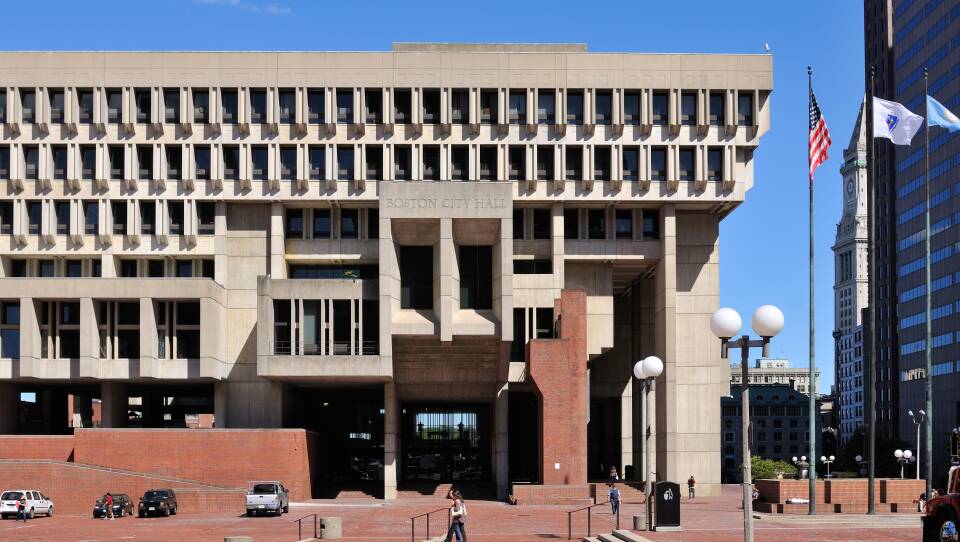Boston Assessing Commissioner Nicholas Ariniello, the man responsible for the department that calculates the fair market value of the city’s more than 150,000 parcels of property each year, said Tuesday that Boston will not face an immediate budget shortfall even if state lawmakers continue to block the city from temporarily taxing commercial properties past the legal limit.
“The revenue is the same either way,” Ariniello told councilors, noting the complicated formula that predetermines how much Boston can collect in property taxes.
The commissioner appeared at a city hearing scheduled as Boston’s request to extract a greater portion of tax revenue from commercial properties hangs in limbo on Beacon Hill and as the end of the year and the last chance for government business looms. The City Council, which must take an official action to approve tax levy proportions, ends its legislative year on Dec. 11.
In their crusade to obtain lawmakers approval, Ariniello and Boston Mayor Michelle Wu have said repeatedly that the increased commercial tax burden would spare homeowners – who pay residential property taxes – from facing a sharp spike in their bills.
A day before the city council hearing, Boston-area State Senator Nick Collins held up the tax authority measure citing a need for updated property valuation data to help lawmakers understand the city’s budget challenges. Collins’ objection Monday marked the third time a state lawmaker stalled the measure with a procedural tactic.
The data Collins sought was submitted to lawmakers just before the Thanksgiving holiday, though Ariniello declined to disclose the figures during Tuesday’s hearing.
When asked Tuesday by city councilors whether state lawmakers refusal to grant the tax shift would trigger a potential shortfall, Ariniello said that’s not the case as long as his department appropriately calculated Boston’s allowable levy and taxable new growth.
“So, assuming that our new growth gets approved, which I don’t have reason to think that it won’t, we will not have a budget shortfall due to the property tax levy,” Ariniello said, later adding “the City has been very consistent in our response to [questions regarding a potential shortfall and] this has always been an allocation problem and not a budget shortfall problem or a revenue problem. It’s really just about who is in the best position to pay and how do we create stability going forward.”
If state lawmakers approve legislation to tax commercial properties past the legal limit, Boston would be authorized to tax commercial properties 181.5% of the residential rate for one year, 180% the following year and 178% in a third year. Without the approval, Boston could still legally charge commercial property owners 175% of the residential rate and demand more from residential property tax payers.
Boston gets more than two-thirds of its revenue from property taxes and the city’s reliance on that revenue source has sparked concern among government officials since a report earlier this yearfound that declining commercial property tax values could result in a $1.4 billion tax shortfall over the next several years.
At Tuesday’s hearing, councilors raised several ideas to address this including assembling a task force to evaluate possible spending cuts within Boston’s budget and ways to diversify the city’s revenue sources.





